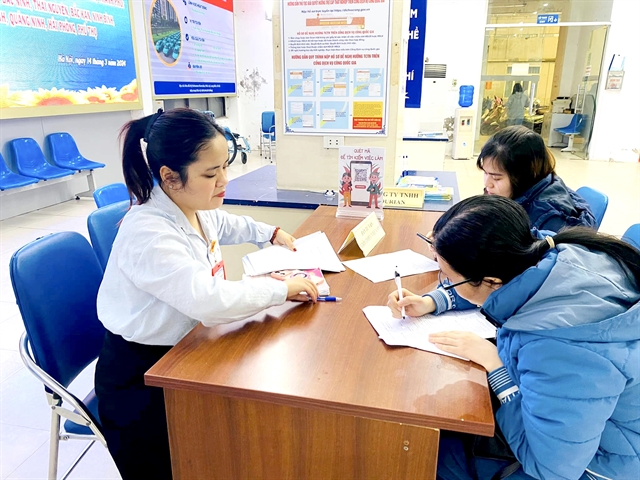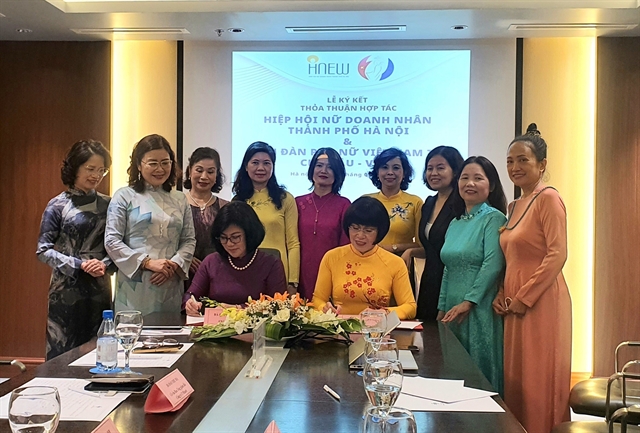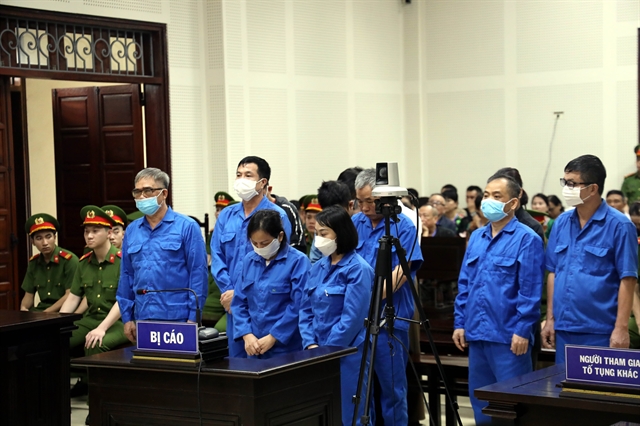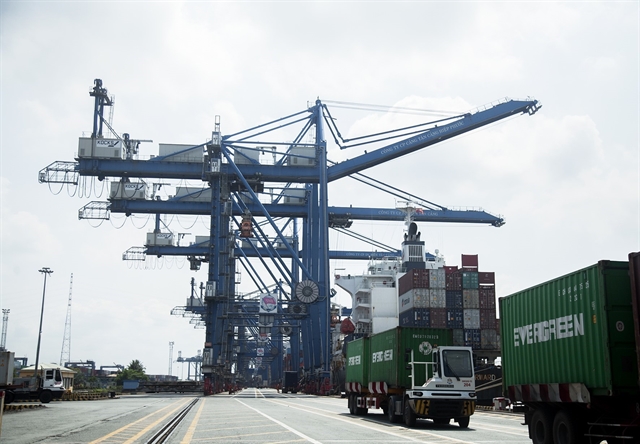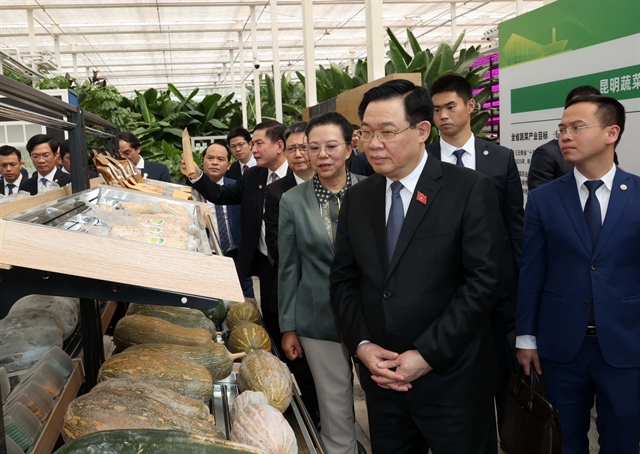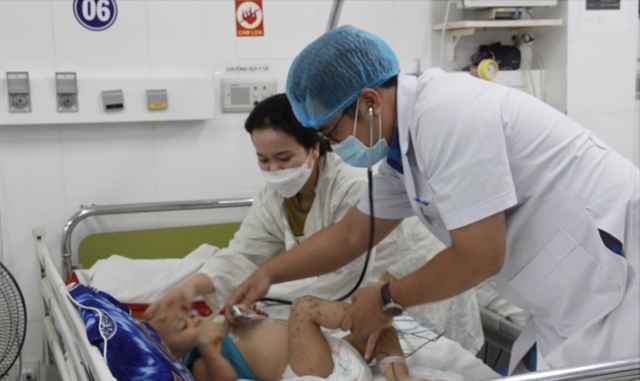

Vietnamese nutrition experts have warned of a serious vitamin E deficiency among children resulting from parents’ and child-care workers’ poor knowledge of healthy nutrition.
 |
| Vietnamese children suffer Vitamin E deficiency, which nutrition experts warn damages their growth.— VNA/VNS Photo Quý Trung |
Kiều Vân
HÀ NỘI – Vietnamese nutrition experts have warned of a serious vitamin E deficiency among children resulting from parents’ and child-care workers’ poor knowledge of healthy nutrition.
Nguyễn Mai Hà, a mother of two, said she didn’t know that children need plenty of vitamin E for proper growth, and was only advised to give them supplements of essential nutrients vitamin A and D.
At a periodic medical examination by HCM City Society of Clinical Nutrition ( SCN), Hà, a 30-year-old banking official, said she had been feeding her two children according to the advice of her mother and elderly friends.
Doctor Lưu Ngân Tâm, SCN chairwoman, explains that vitamin E plays a role in gene expression and helps children convert the foods they eat into energy.
“The nutrient also acts an antioxidant to protect a child’s cells from damage that can increase lifetime risk of heart disease and cancer,” she says.
The Hà Nội-based National Institute of Nutrition surveys have revealed more than 50 per cent of Vietnamese children fail to get enough vitamins, including vitamin E or iron in their daily meals.
Institute surveys have shown the rate of Vietnamese children lacking different kinds of vitamins, namely A, B1, C and D, was higher than that of the other three countries in the region, Malaysia, Indonesia and Thailand.
A recent study of the International Journal for Vitamin and Nutrition Research showed vitamin E content of Vietnamese people was at the lowest level in the Asia-Pacific region and in the world.
Vietnamese children under 12 have an average blood level of vitamin E under 12umol/l, compared to a standard vitamin E level of 30umol/l.
Doctor Tâm says Vietnamese people eat much starch in the rice of their daily meals, but not wheat germ, nuts, and whole grains that contain vitamin E.
She recommended diversification of food sources in daily meals, saying it’s fairly simple to ensure that children get plenty of Vitamin E.
Broccoli, tomatoes, spinach and kiwi each supply a small amount of Vitamin E, the nutrition expert said, and many children enjoy sweet potatoes and avocado, which are rich in vitamin E.
Increased awareness
The director of the National Institute of Nutrition, Assoc. Prof. Lê Danh Tuyên, says 70 per cent of Vietnamese kids aged 1-2 lack two kinds of necessary vitamins, A and E, both essential to the growth of a child.
The cause is not only lack of money but also lack of knowledge.
The institute is coordinating with a Japanese healthcare organisation to teach nutrition for kids aged 6 months-24 months to rural women in four northern provinces - Thái Nguyên, Bắc Giang, Hà Giang and Ninh Bình.
The three-year project, started in April 2014, is helping Vietnamese mothers change supplemental foods to provide adequate amounts of key vitamins and minerals for children.
Nguyễn Thị Hiền, a project co-ordinator, says rural mothers don’t believe in using cooking oils or fat in processing food for infants because it causes constipation.
“It is wrong thinking. Cook your child’s food with cold-pressed oils, such as olive or canola, because they contain between 2 and 5 milligrams of vitamin E per tablespoon,” Hiền says.
The healthtipsfromtheprofessor.com website says 83 per cent of US children and 91 per cent of US adults do not consume the recommended 12 mg/day of vitamin E.
In Asia, residents of Việt Nam, South Korea, Nepal and Bangladesh are listed as deficient in Vitamin E. — VNS


